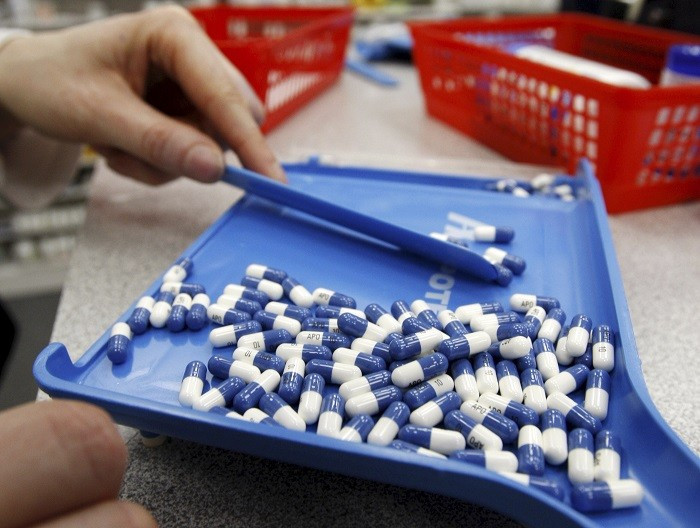Antibiotic Resistance Crisis 'as Big a Threat as Climate Change'

Antibiotic resistance is as worrying as the threats posed by climate change, experts have warned.
Published in the journal Nature, Mark Woolhouse, of the University of Edinburgh, and Dr Jeremy Farrar, Director of the Wellcome Trust, wrote that the response to the antibiotic crisis so far has been "feeble".
In their comment piece, the authors say an independent global organisation similar to the Intergovernmental Panel on Climate Change (IPCC) should be formed to lead an international response to the problem.
They say that without intervention, all the health benefits gained since the discovery of penicillin will be lost.
Last year, England’s chief medical officer Dame Sally Davies warned of a looming antibiotic apocalypse: “We are not using our antibiotics effectively. There is a broken market model for making new antibiotics. It's an empty pipeline. As [infections] become resistant, there will not be any new antibiotics to come."
This would mean routine surgeries would become deadly, treatment for simple infections and diseases such as cancer and diabetes would be impossible in their current form. Agriculture industries would also be adversely affected due to the increased use of antibiotics in animals to promote growth.
Farrar said: "We have needed to take action against the development of antimicrobial resistance for more than 20 years. Despite repeated warnings, the international response has been feeble.
"The World Health Organisation has missed opportunities to provide leadership, and very little progress has been made. The result has been the emergence of strains of infections including tuberculosis and malaria, pneumonia and gonorrhoea that resist all known classes of drugs.
"We need a new independent body that will not only monitor the spread of antimicrobial resistance, but also drive and direct efforts to contain it."
The authors argue that antibiotic resistance is similar to the threat posed by climate change because it is a natural process made worse by human activities.
An independent organisation, they say, should be created to oversee surveillance efforts and set strict targets to prevent the loss of drug potency and speed up the development of new ones. The organisation could work with governments and international agencies to implement its recommendations.
Woolhouse said: "The time has come to stop re-stating the problems of antimicrobial resistance and start taking action. We need independent, international leadership on this issue before the massive health gains that have been made since Alexander Fleming's discovery of penicillin are lost forever."
Last year, England's chief medical officer Dame Sally Davies warned of a looming antibiotic apocalypse: "We are not using our antibiotics effectively. There is a broken market model for making new antibiotics. It's an empty pipeline. As [infections] become resistant, there will not be any new antibiotics to come."
Antibiotic resistance
Antibiotic resistance is when an antibiotic no longer works to treat infections. Bacteria naturally mutates to become immune to antibiotics, however this process is being significantly sped up through the overuse and misuse of the drug. Overprescribing and patients not finishing their course of antibiotics are also key factors.
The more you use an antibiotic, the more opportunity bacteria has to adapt and become resistant, thus allowing it to grow, spread and cause infections.
If antibiotics are continued to be use the way they are now, the number of resistant bacteria will increase and we will run out of antibiotics able to kill the bacteria and fight infection.
© Copyright IBTimes 2025. All rights reserved.






















